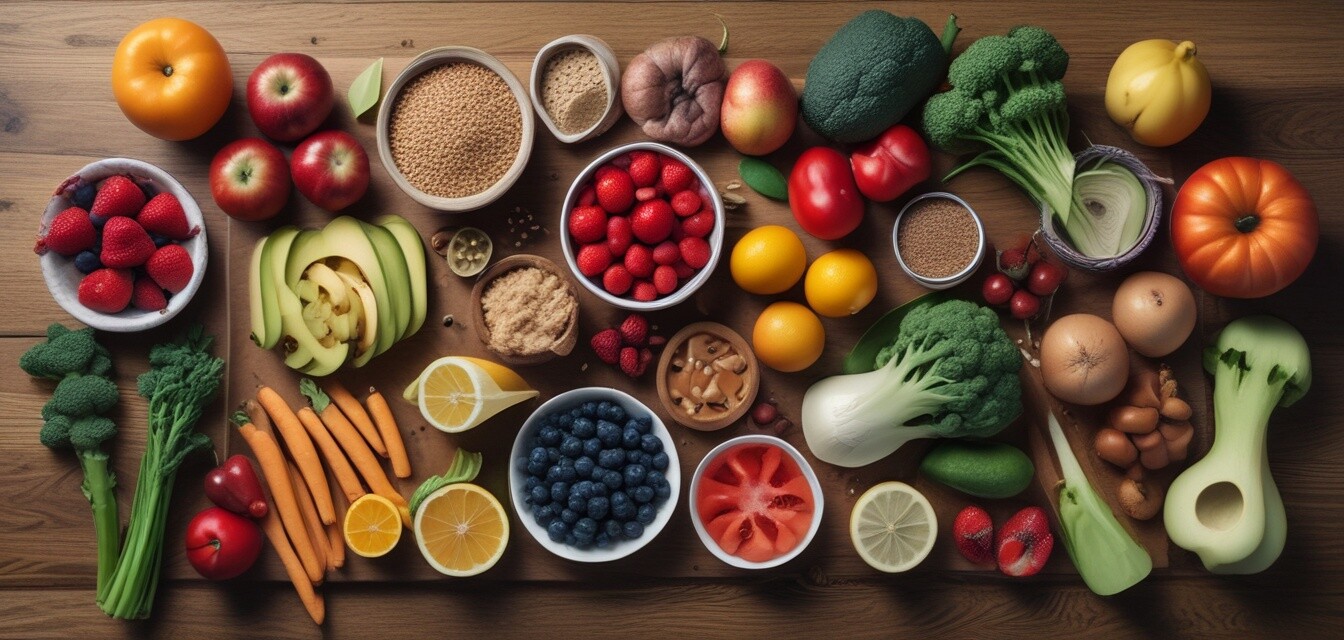
How to Create a Balanced Meal Plan with Prenatal Vitamins
- Focus on incorporating a variety of food groups for a balanced diet.
- Ensure your prenatal vitamins complement your meals effectively.
- Plan meals ahead of time to avoid nutrient gaps.
- Stay hydrated and choose healthy snacks in between meals.
- Consult with your healthcare provider for personalized advice.
Creating a balanced meal plan during pregnancy is essential for both the health of the mother and the developing baby. Nutrient-rich foods combined with the right prenatal vitamins can lead to a wholesome dietary routine. This article offers valuable tips for expecting mothers on how to develop a meal plan that supports their and their baby’s nutritional needs.
Understanding prenatal vitamins
Prenatal vitamins are specially formulated supplements that provide essential vitamins and minerals necessary during pregnancy. They often include folic acid, iron, calcium, and DHA. Including these vitamins in your daily routine can improve your child’s overall health and development.
Components of a Balanced Meal Plan
A balanced meal plan should consist of a variety of food groups. Below are the key components to consider:
| Food Group | Examples | Recommended Servings |
|---|---|---|
| Fruits | Berries, bananas, oranges | 2-4 servings |
| Vegetables | Spinach, broccoli, carrots | 3-5 servings |
| Whole grains | Brown rice, whole grain bread, oats | 6-8 servings |
| Proteins | Lean meats, beans, nuts | 2-3 servings |
| Dairy | Milk, yogurt, cheese | 3-4 servings |
Tips for creating your meal plan
- Plan ahead: Make a weekly meal plan including all food groups.
- Focus on color: Choose a colorful plate with a range of fruits and vegetables.
- Stay hydrated: Drink plenty of water, and consider herbal teas as an alternative.
- Include snacks: Healthy snacks can help maintain your energy and manage hunger.
- Use a meal guide: Refer to food pyramids and dietary guidelines to balance your meals. You can find useful resources in our Buying Guides.
Incorporating prenatal vitamins
When you plan your meals, consider how your prenatal vitamins will fit into your routine. It's often beneficial to take your vitamins at the same time each day. This can help ensure consistency and minimize the risk of missing a dose.
A sample meal plan
Here’s a simple and nutritious sample meal plan for a day:
| Meal | Food Items |
|---|---|
| Breakfast | Oatmeal topped with fresh berries and a glass of milk |
| Snack | A banana and a handful of almonds |
| Lunch | Grilled chicken salad with mixed greens, tomatoes, and vinaigrette |
| Snack | Yogurt with a drizzle of honey |
| Dinner | Brown rice, steamed broccoli, and baked salmon |
Conclusion
Crafting a balanced meal plan during pregnancy is crucial for both mothers and their babies. Incorporating a variety of foods from all food groups alongside your prenatal vitamins allows you to meet your nutritional needs effectively. Always remember to consult with your healthcare provider for tailored advice and adjustments to your meal planning.
Beginner's tips for a healthy diet
- Purchase fresh ingredients to make meals more appealing.
- Experiment with new recipes to keep your meals exciting.
- Engage family members to help with meal preparation.
Pros
- Improves overall nutrition during pregnancy.
- Encourages a variety of foods.
- Helps maintain energy levels.
- Supports baby's health and development.
Cons
- Requires consistent effort and planning.
- May involve additional grocery costs.
